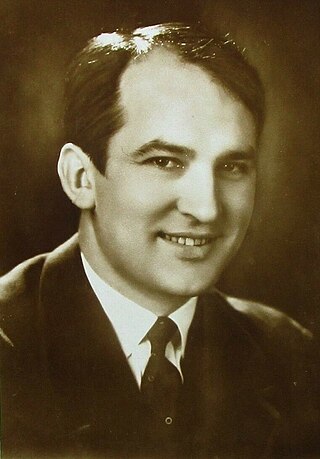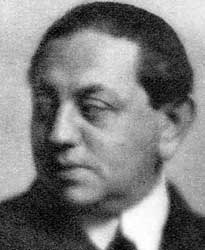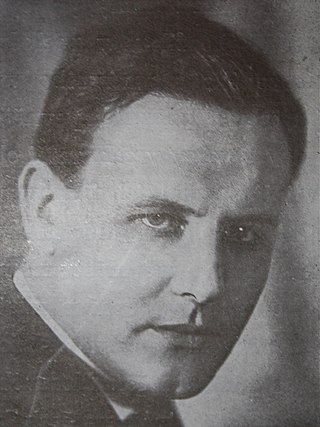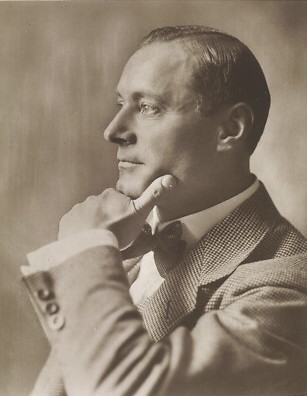This is a list of the most notable films produced in the Cinema of Germany in 1924.
This is a list of the most notable films produced in the Cinema of Germany in 1924.

The 1928 Winter Olympics, officially known as the II Olympic Winter Games and commonly known as St. Moritz 1928, were an international winter multi-sport event that was celebrated from 11 to 19 February 1928 in St. Moritz, Switzerland.
This is an overview of 1924 in film, including significant events, a list of films released and notable births and deaths.
The decade of the 1920s in film involved many significant films.
UFA GmbH, shortened to UFA, is a film and television production company that unites all production activities of the media conglomerate Bertelsmann in Germany. The original UFA was established as Universum-Film Aktiengesellschaft on December 18, 1917, as a direct response to foreign competition in film and propaganda. UFA was founded by a consortium headed by Emil Georg von Stauß, a former Deutsche Bank board member. In March 1927, Alfred Hugenberg, an influential German media entrepreneur and later Minister of the Economy and Minister of Agriculture and Nutrition in Adolf Hitler's cabinet, purchased UFA and transferred ownership of it to the Nazi Party in 1933.

Oskar Homolka was an Austrian film and theatre actor, who went on to work in Germany, Britain, and America. Both his voice and his appearance fitted him for roles as communist spies or Soviet officials, for which he was in regular demand. By the age of 30, he had appeared in more than 400 plays; his film career covered at least 100 films and TV shows.

William Dieterle was a German-born actor and film director who emigrated to the United States in 1930 to leave a worsening political situation. He worked in Hollywood primarily as a director for much of his career, becoming a United States citizen in 1937. He moved back to Germany in the late 1950s.
Hans Dreier was a German motion picture art director. He was Paramount Pictures' supervising art director from 1927 until his retirement in 1950, when he was succeeded by Hal Pereira.
Phonofilm is an optical sound-on-film system developed by inventors Lee de Forest and Theodore Case in the early 1920s.

Werner Johannes Krauss was a German stage and film actor. Krauss dominated the German stage of the early 20th century. However, his participation in the antisemitic propaganda film Jud Süß and his collaboration with the Nazis made him a controversial figure.

Paul Leni was a German filmmaker and a key figure in German Expressionism, making Hintertreppe (1921) and Waxworks (1924) in Germany, and The Cat and the Canary (1927), The Chinese Parrot (1927), The Man Who Laughs (1928), and The Last Warning (1928) in the United States.

Heinrich Piel, known professionally as Harry Piel, was a prolific German actor, film director, screenwriter, and film producer who was involved in over 150 films.

Karel Lamač was a Czech film director, actor, screenwriter, producer and singer. He directed more than 100 films in Czechoslovakia, Austria, Germany, the Netherlands and the United Kingdom.

Frieda Ulricke "Henny" Porten was a German actress and film producer of the silent era, and Germany's first major film star. She appeared in more than 170 films between 1906 and 1955.
Reveille is a 1924 British silent drama film directed by George Pearson. It follows some British soldiers during and after the First World War, though Pearson wrote in a January 1924 letter to his cast and crew:
There is no story, as such. I hate the well-made Story with its Exposition, Denouement, Crisis, etc., as material for my elusive Screen. I confess I cannot write one.

Dimitri Buchowetzki (1885–1932), born Dmitry Savelyevych Bukhovecky, was a Russian film director, screenwriter, and actor in Germany, Sweden, United States, United Kingdom, and France.

Heinrich August Franz Schroth was a German stage and film actor.
Richard Brody is an American film critic who has written for The New Yorker since 1999.